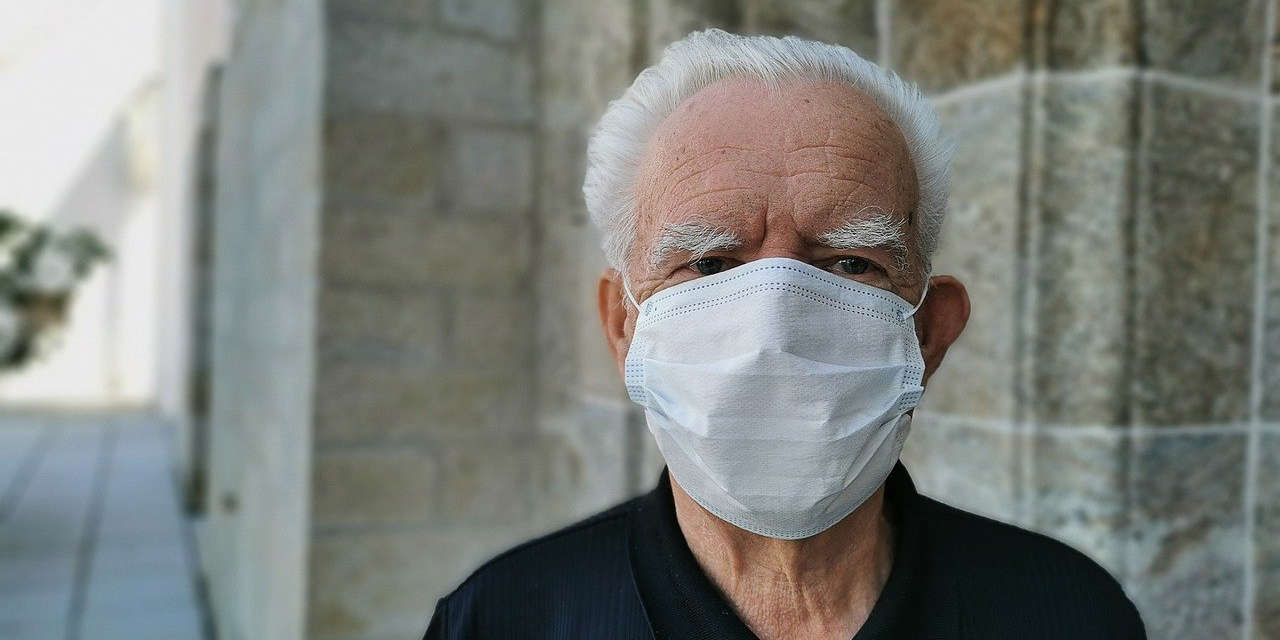
Analysis of social media messages between care home staff revealed growing concerns about lack of guidance as the pandemic swept the country.
Thousands of WhatsApp messages between 250 care home workers during the first coronavirus wave show workers were often asking each other questions due to a lack of formal guidance.
Staff asked where to purchase PPE, whether guidelines existed for isolating residents returning from hospital, and how they could access testing.
But guidance either did not exist, was conflicting, or staff were not aware of it.
Care home staff formed the messaging group themselves in partnership with colleagues to offer support during the first wave. As group members, researchers at the University of Leeds analysed the questions and the uncertainties raised.
"Scant care home-specific guidance during the early stages meant that basic information needs of care home staff were not satisfied."
The academic team found most of the questions were about infection control and prevention, and could have been tackled immediately through timely, responsive and unambiguous fact-based guidance.
But their analyses revealed scant guidance for care homes meant these basic needs went unmet.
Peter Hodkinson, Managing Director of Leeds care home company Westward Care Ltd, said: "This report highlights the isolation of care homes and their staff and the shortcomings of the 'arm's length' approach to the commissioning of these services.
"We need much more sector informed research to improve the outcome of those in receipt of care and the highest quality of care available to meet their needs. This will only be done by much closer collaboration."
The social media messages reveal staff concerns over residents' wellbeing and relatives' anxieties, uncertainties over which symptoms predicted the need for self-isolating, and questions about how long staff with symptoms should self-isolate.
It is the first systematic capture of the questions and uncertainties expressed by care home staff in the early stages of the COVID-19 pandemic.
The study has identified other areas of research which, importantly, have been informed by the sector itself. These include the most effective strategies for resident and staff wellbeing, recruitment, communication and organisational impact.
Professor Karen Spilsbury, Chair in Nursing Research at Leeds' School of Healthcare, said: "COVID-19 has tragically impacted on long-term care worldwide, particularly for older people living in care homes.
"The pandemic has created new and unanticipated uncertainties for care home staff caring for older people.
"Scant care home-specific guidance during the early stages meant that basic information needs of care home staff were not satisfied."






